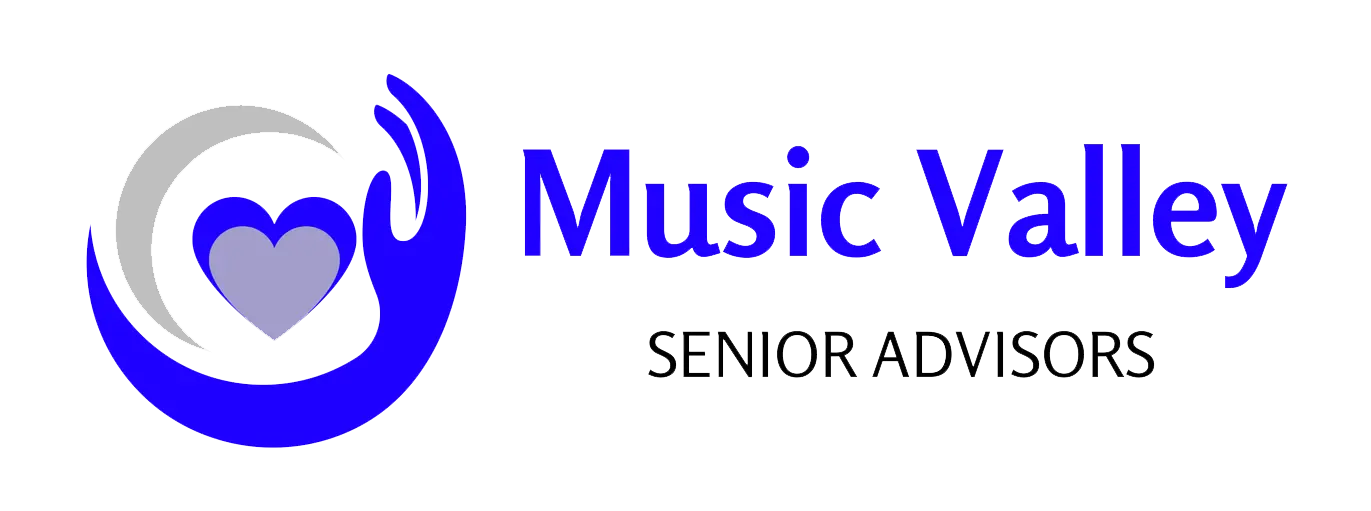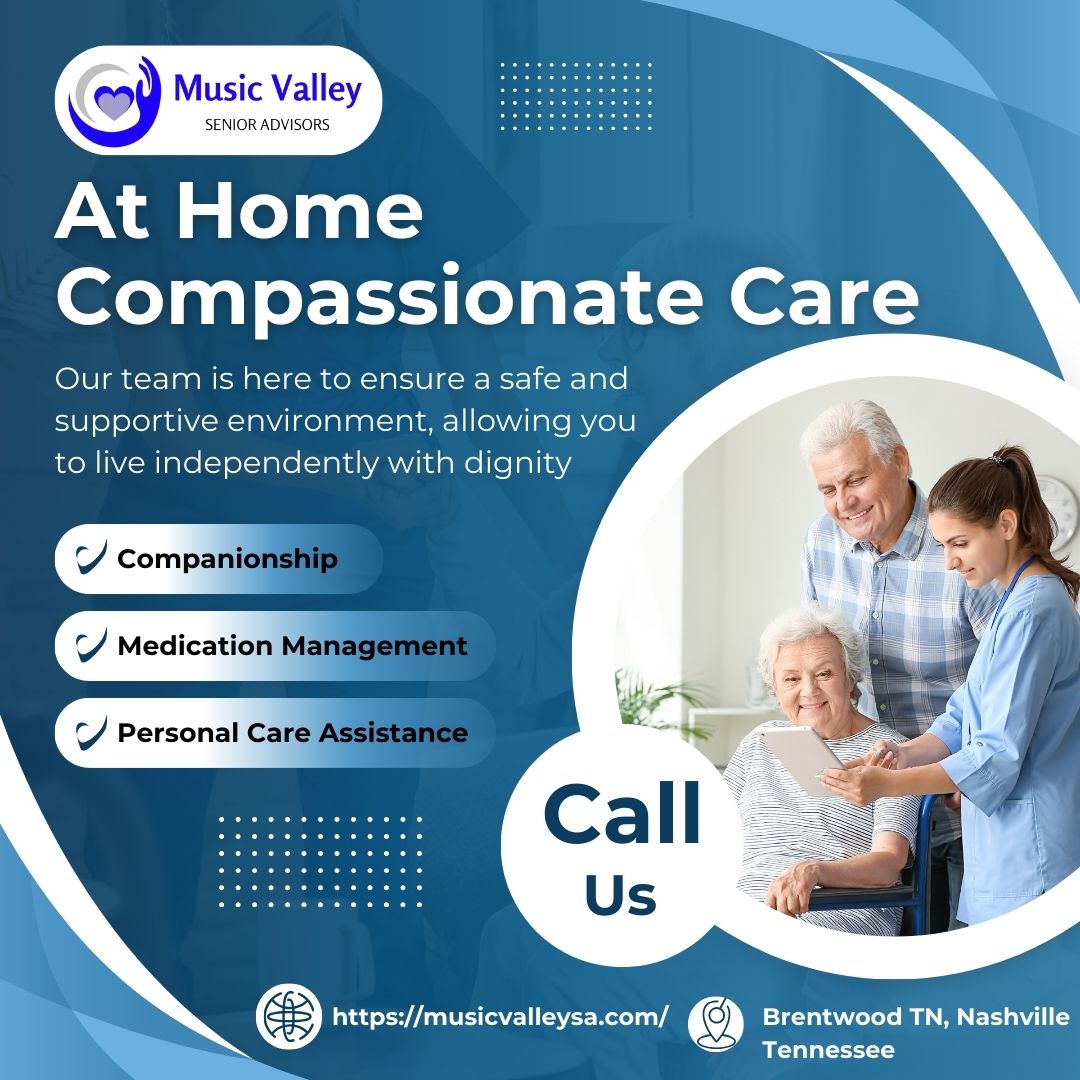What Is a Home Health Aide?
A home health aide (HHA) is a vital caregiver who provides in-home support for elderly, chronically ill, or recovering individuals. Unlike CNAs who often work in hospitals, HHAs primarily help clients live safely and comfortably in their own homes.
They bridge the gap between medical care and daily living—offering not only assistance but dignity, compassion, and reliability.

Core Responsibilities of a Home Health Aide
Everyday Tasks Include:
- Personal hygiene support like bathing, grooming, and dressing
- Mobility assistance, including transferring from bed to chair or walking with aids
- Medication reminders (not administration)
- Light housekeeping like laundry, vacuuming, and dishwashing
These tasks allow seniors to age in place while maintaining independence and safety.
Emotional and Social Support Duties
Being an HHA goes beyond physical help. Many clients face loneliness or mental fatigue.
You’ll Also:
- Provide companionship—engaging in conversations and activities
- Help reduce social isolation through interaction
- Monitor and support emotional well-being
Often, you’re the most consistent human connection a client has—your presence matters deeply.
Monitoring and Reporting Health Changes
Observing subtle shifts in behavior or physical status can mean early intervention and better outcomes.
Responsibilities Include:
- Tracking vital signs (temperature, blood pressure)
- Observing mood or behavior changes
- Reporting to nurses, doctors, or family caregivers
Accurate observation and timely reporting are non-negotiable.
Assistance with Nutritional Needs
Nutrition affects recovery and energy. HHAs are trained to:
- Prepare nutritious meals based on the care plan
- Support clients with feeding assistance
- Monitor fluid intake and dietary restrictions
For clients with diabetes, heart disease, or chewing/swallowing issues, this is especially important.
Safety and Emergency Preparedness
Safety is a top priority. HHAs are responsible for:
- Identifying fall risks like rugs, poor lighting, and clutter
- Knowing how to respond to emergencies
- Keeping walkways and bathrooms safe
Specialized Care Responsibilities
Some clients require extra attention based on their health condition. Home health aides must be trained to offer:
- Dementia and Alzheimer’s care: Establishing routines, reducing confusion, and ensuring safety
- Post-operative support: Monitoring recovery and aiding with wound care (as allowed)
- End-of-life assistance: Offering comfort and helping with daily tasks during hospice care
Specialized care requires emotional strength, empathy, and patience.
Legal and Ethical Responsibilities
Professionalism is key in caregiving. HHAs are bound by:
- HIPAA regulations: All patient data must be confidential
- Client autonomy: Respecting their choices and boundaries
- Cultural sensitivity: Understanding dietary, spiritual, and personal preferences
Ethical behavior isn’t optional—it builds trust and ensures legal compliance.
Working Environment and Schedules
Home health aides usually visit clients in private residences, but some work in assisted living or rehabilitation centers.
Work Hours May Include:
- Full-time or part-time shifts
- Overnight care
- Weekend or holiday assignments
Many aides enjoy the flexibility the profession offers.
Tools and Equipment HHAs Commonly Use
Depending on the client’s needs, aides may use:
- Wheelchairs or walkers
- Blood pressure cuffs and thermometers
- Shower chairs and grab bars
- Medical gloves and mobility belts
Proper training on these tools is provided by agencies like Music Valley Senior Advisors.
How HHAs Collaborate with Other Caregivers
Home health aides are part of a larger care team. They regularly:
- Communicate with registered nurses, physical therapists, and case managers
- Update families on progress or concerns
- Maintain accurate documentation of services provided and client behavior
Teamwork ensures consistent, high-quality care.
Training and Qualifications for Home Health Aides
To become an HHA, you’ll typically need:
- A high school diploma or GED
- Completion of an HHA or CNA certification program
- CPR/First Aid certification
🎓 Ongoing education and skills workshops are crucial—and Music Valley Senior Advisors offers both to ensure their team is always prepared.
Why Understanding Responsibilities Is Crucial for Job Success
Knowing your duties helps you:
- Set expectations with families and medical staff
- Avoid burnout by managing workload properly
- Grow your career into specialized care, supervision, or nursing pathways
HHAs who embrace their role find purpose, pride, and personal growth.
How Music Valley Senior Advisors Supports Their HHAs
Based in Brentwood, TN, Music Valley Senior Advisors sets a gold standard in caregiver support:
- 🏅 Comprehensive onboarding for new aides
- 💬 Mentorship and 24/7 support access
- 📚 Paid training and continuing education
- 💼 Tools, resources, and flexible shifts
👉 Learn how to join team: musicvalleysa.com/jobs




